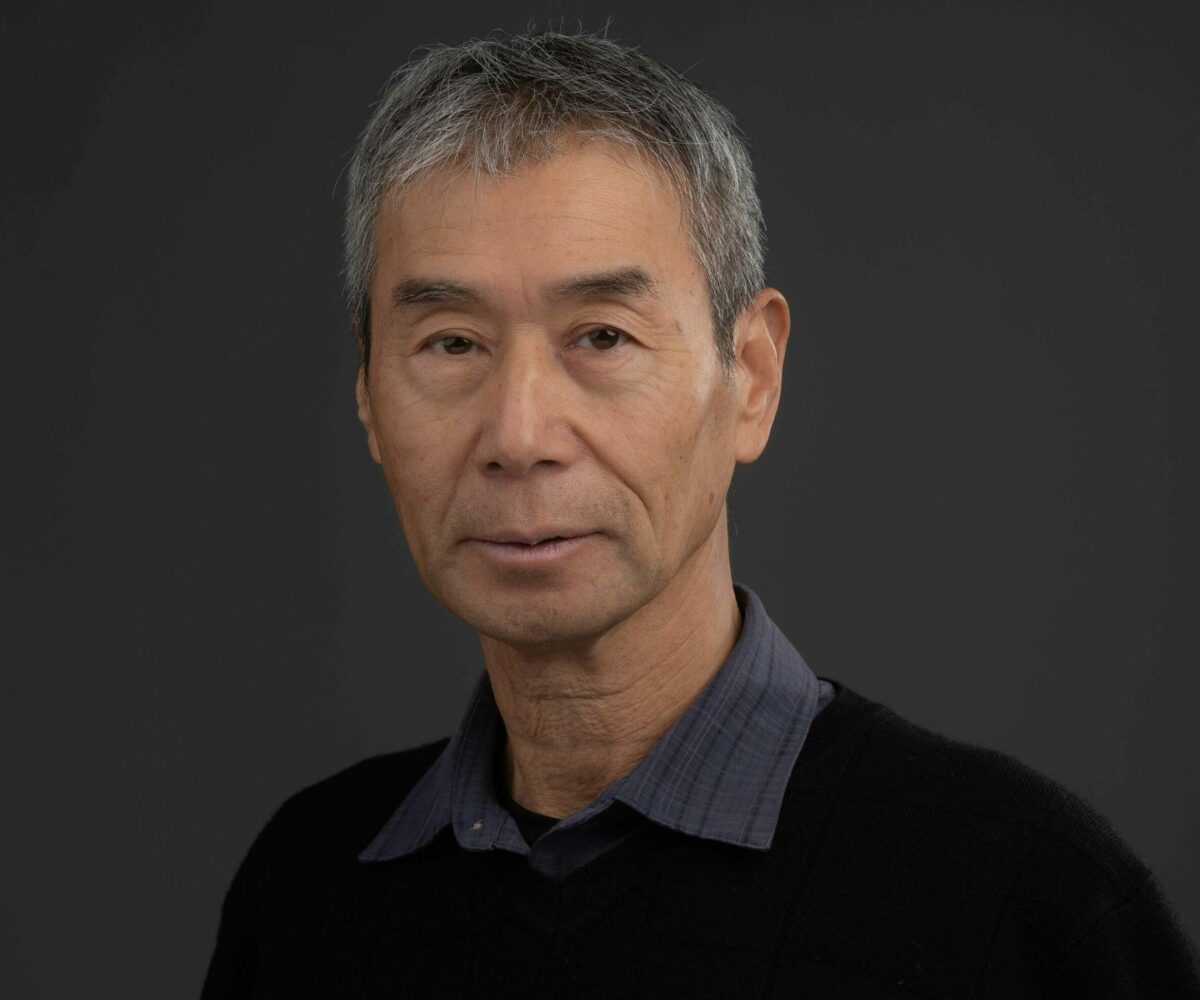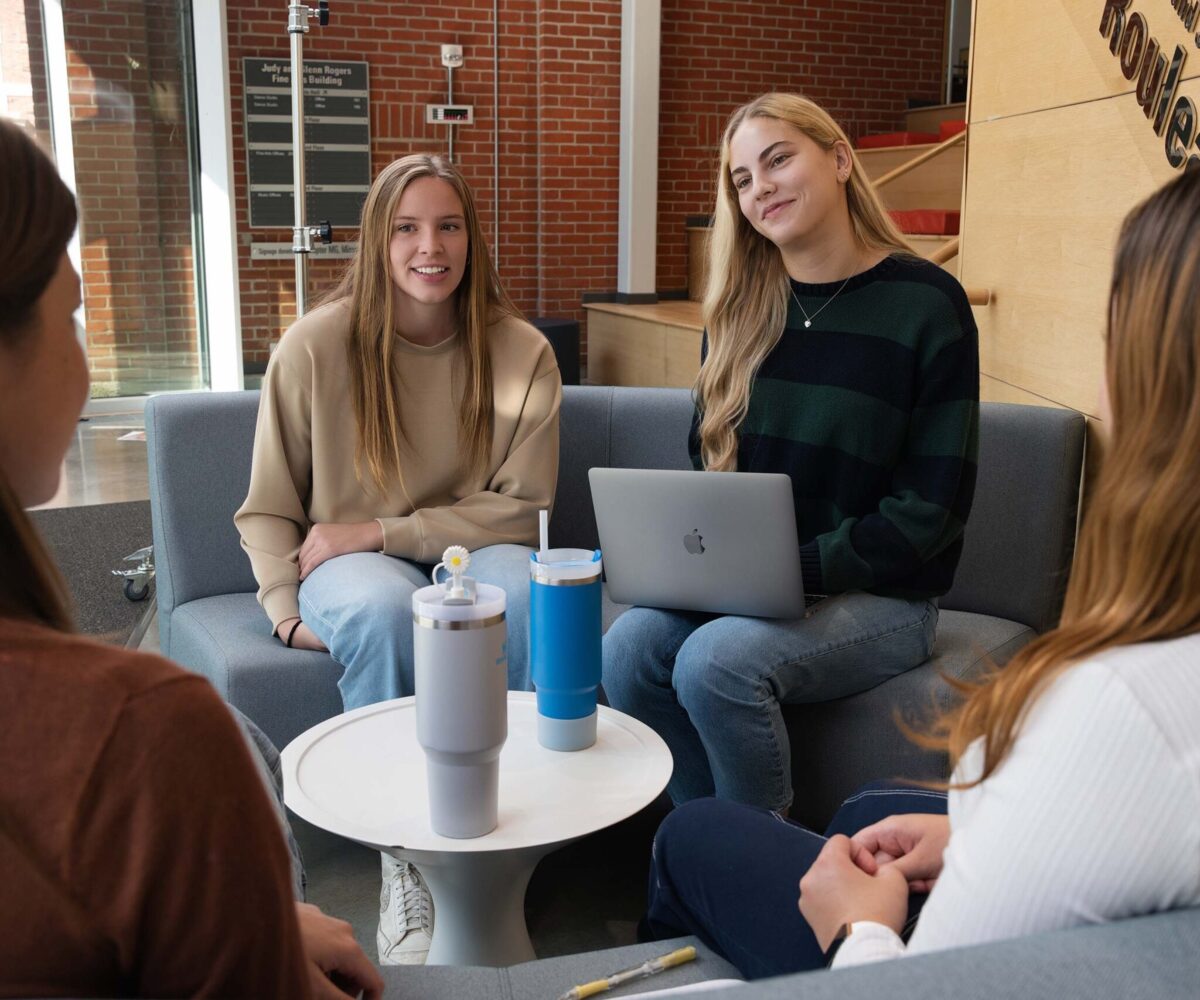
Professor of Political Science and International Relations
Cottey offers a BA in political science.
Cottey’s political science degree is intentionally designed to enhance students’ critical engagement with policy debates in the United States, government and politics in different regions of the world, and transnational challenges like climate change, poverty, and human rights abuse. The coursework’s overarching emphasis on social justice equips students with the skills needed to advocate for positive change in the world.
Political Science majors are trained to think critically, communicate effectively, and problem-solve. Therefore, this degree opens multiple career opportunities for students after college. Traditionally, students majoring in political science have been interested in law school or graduate degrees to pursue a career in academia. However, as the US News and World Report shows, the skills acquired in the program open up many other opportunities, including careers in civil service, secondary education (upon completing necessary certification), journalism, lobbying, non-profit work, and business.
This course discusses the nature, scope, and applications of international law in the contemporary world. In so doing, students explore the role of international law in global politics through the lenses of the three major theories in international relations, namely, realism, liberalism, and constructivism.
The course also covers technical terms and concepts used in international law. The final section is devoted to some important issue areas, including the protection of human rights, international environmental law, criminal law, and the laws governing the use of force and humanitarian protection.
In this course, students are trained to apply major theories of International Relations to the analysis of the sources of U.S. foreign policy and the consequences of those decisions for the international political system. The course content is subdivided into four sections, namely, the historical and theoretical contexts, governmental sources, societal sources, and major issue areas, including the rise of China, arms control, and ongoing conflicts in Ukraine and the Middle East.
Theoretical discussions are complemented with case studies on the role of the United States in global governance since the end of World War II.
This course covers the basics of Middle Eastern politics. Students will use a multi-disciplinary approach to the study of Middle East politics, considering history, geography, international relations, economy, political economy, sociology, women’s studies, and religion.
Understanding the complexity of the area, students will study the Israeli-Palestinian Conflict, which is one of the most controversial conflicts in the world.
The course examines current environmental problems in the world and how various regions, governments, and international organizations grapple with them. Students “interview” faculty members and/or other experts in the student’s field of study to learn about a set of potential solutions currently under consideration in their field.
Students take the perspective of a leader in a region, government, or international organization and examine the set of potential solutions for relevancy to an environmental problem they select.
According to the latest data from the US Bureau of Labor Statistics, political scientists’ employment is expected to grow by seven percent from 2022 to 2032. This is faster than the average for all other occupations. On average, about 600 positions are expected to open per year over the decade. However, many entry-level positions may require a master’s degree in Political Science.
Our students are given the opportunity to be part of the Model United Nations (UN) Club and represent the college every spring at the Midwestern Model UN Conference in St. Louis, at no cost to the student.
Every student is required to take the quantitative research methods class, which trains them to conduct data analysis using statistical software.
Students have the opportunity to conduct independent research with faculty and present their findings at conferences.
Faculty closely mentor and work with students interested in pursuing a graduate degree in Political Science.
The degree requirement leaves sufficient room in students’ schedules to add a second major or minor to their degree, or to study abroad for a semester.
Professor of Political Science and International Relations

